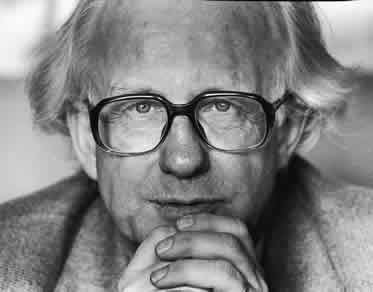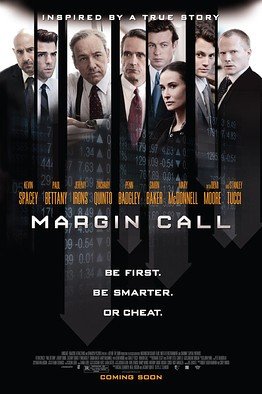Jews and Moneylending: A Contemporary Case File, Part 1 of 3
“Interest on debts grows without rain.”-Yiddish Proverb
Some things never change, and one of these things seems to be the Jewish connection to usury. During a recent conversation with a good friend who now finds himself at the sharp end of the financial downturn, he mentioned having been forced to turn to the ‘services” of what has become known as a “payday loan” company. The relatively small, short-term, unsecured loans offered by these companies, to those struggling to hold onto the socio-economic ladder, very often come with eye-watering rates of interest. As the conversation continued, my friend despondently informed me that because of the rate of interest on his current loan, when the end of the month came he was in all likelihood going to be facing the prospect of paying off his loan only to have to immediately take out another.
He was trapped. Looking at this younger man, who also has a baby on the way, I offered to cover the totality of the interest on this particular loan on one condition: that he avoids at all costs taking out another loan. He gratefully accepted my offer, but I couldn’t help but feel that it won’t be long before the allure of quick (but expensive) cash begins to tug at him once more.
Cicero once remarked on “how large an income is thrift,” and I would also echo the sentiment that thrift is a matter of character more than of economics. But more immediately pressing to me in this case was the fact that although my young friend believed he was dealing with a fairly small-scale operation, with a “down-home” feel, he was in fact becoming ensnared in an international web that thrives and feeds on people just like him — the hard-working but economically weak victims of “the system.” The small storefront instant loan operations in your hometown, or the comforting names of the seemingly small-scale online lender, are simply the extremities of this web. Sitting at the feast table of this feeding frenzy on the working poor are a large number of businessmen who hail from an ethnic community which has a long, rich, and unbroken history in precisely this line of work. Regardless of those screeching cries of ‘stereotype,” this history is a well-documented one, and with the publication of this article I hope it will be documented better still. Moreover, I might add, despite the obfuscations of those with obvious bias, this particular tribe has more often than not engaged in this trade out of choice. After all, unlike crops which require toil, sweat, rootedness and, yes, rain, interest grows simply and incessantly with the tick of the clock. Read more






